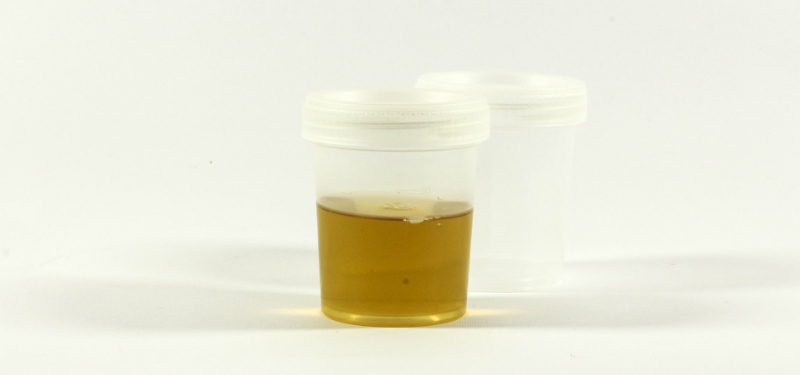One of the most common health-related problems associated with the elderly population is a condition referred to as a urinary tract infection (UTI), an infection of any of the parts that assist in urination. One out of every five people will develop a UTI in the United States, and that number is much higher in the elderly population, especially women. At United Energy Workers Healthcare and Four Corners Health Care, we can help individuals who have contracted UTIs as part of their free healthcare services covered under EEOICPA and RECA.
Definition and Causes of UTIs
A urinary tract infection is a bacterial infection that can affect the bladder, kidneys, or other tubing that connects your urinary system together. The bacteria eat away at health tissues in your urinary tract which the body recognizes as an attack. It sends extra blood to the infected tissues, carrying with it white blood cells to fight off the infection. This makes UTIs inflamed and very painful, even though it is the process the body is taking to remove the bacteria. To assist in destroying the bacteria associated with a UTI, doctors will generally prescribe antibiotics that are effective at killing off the bacterium strains that cause pain and discomfort.

UTIs in the elderly are commonly associated with hospital visits that require a urinary catheter. The reason for this is that the body is unable to flush out bacteria that may be stuck on the lining of the urethra or bladder. This is a common problem for those who have occupationally-caused cancers as these can require lengthy hospital stays. Another reason seniors are more susceptible to UTIs is because of weakness in the muscles of the pelvic floor, those which control urine flow. Weak pelvic floor muscles either lead to incontinence (inability to hold in urine) or urinary retention. Both of these conditions allow infection to spread as urinary pressure is the most helpful way of expelling any bacterial build up.
Those who have developed a UTI can generally tell from the following symptoms:
- Their urine appears cloudy or dark and may be bloody.
- Their urine is strong-smelling and foul.
- They need to pee frequently and urgently.
- Urinating burns and is generally very painful.
- They experience a lot of pressure in the lower pelvis.
If any of these indicators are recognized, it would be wise to consult a healthcare professional immediately, including one of our home healthcare professionals if you are receiving EEOICPA and RECA benefits.
You may also be wondering why this happens more to women than to men. UTIs are more common in women for two main reasons: 1) women’s urethras are substantially shorter than men’s, making bacterial infections easier to spread into the bladder and 2) child birth can damage pelvic floor muscles permanently if proper physical therapy and exercise is neglected.
Preventing UTIs
There are several things seniors can do to prevent a urinary tract infection from forming, even with frequent hospital visits. Consider some of the following ideas:
- Drink plenty of water and other fluids. The best way to flush out any chance of bacterial infection is making sure you have enough fluids in your body to do it. This may be an issue for those with incontinence, but drinking more water will generally help regulate your urinary tract and expel bacterial buildup.

- Strengthen pelvic floor muscles. For those who have weak stomach and pelvic floor muscles, strengthening your core could be very helpful. A stronger pelvic floor and abdominal muscles can help control incontinence or urinary retention. Consider a lower core exercise regime. Consult with your doctor if you have other health factors that may cause any pain before doing ab workouts.

- Urinate after intercourse. For those who are sexually active, it is important to pee after intercourse as bacteria in and around the genitals can be pushed up into the urinary tract. This is especially important for seniors, as a lack of sexual hygiene can cause even more complications.
- Consume cranberries or cranberry supplements. The chemicals and sugars found in cranberry juices and supplements can keep bacteria, even impervious bacteria such as E. Coli, from sticking to cell surfaces, making it difficult for them to multiply. If the bacteria have no way of multiplying, they eventually die. Though cranberries are helpful as a preventative measure, they are in an of themselves not a treatment for UTIs.

- Take probiotics. Probiotics are bacteria that are good for the body and which help fight off infections. They can be found in supplement pills or in natural products found on grocery shelves, like those found in yogurt or kefir. These can help stay off infections before they even occur.

Professional Home Healthcare Services
Our skilled healthcare professionals at United Energy Workers Healthcare and Four Corners Health Care are trained to help our patients that are suffering from chronic occupational illnesses. If you contract a UTI as an EEOICPA or RECA beneficiary, you know that our skilled team will provide quality and free home health care to ensure you are watched after. Call us today to get started or learn more! (800) 314-2383